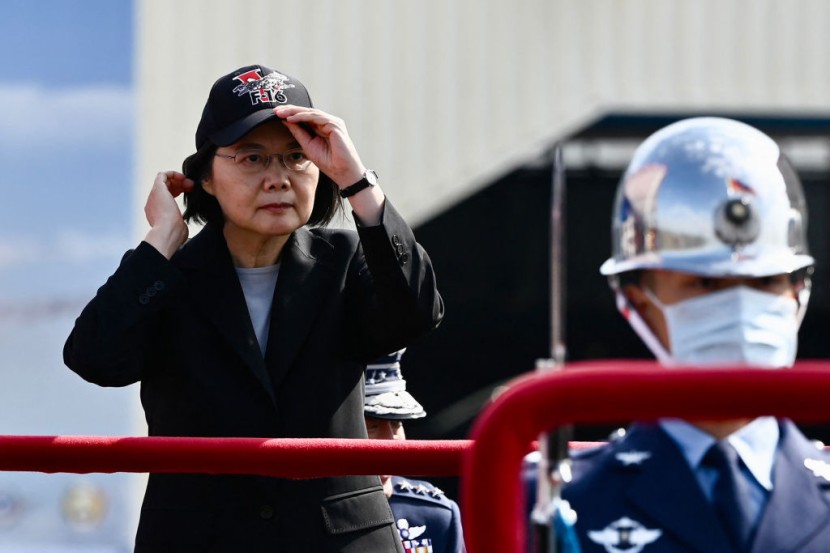
According to a Congressional investigation, the Chinese military is currently capable of invading Taiwan or is on the verge of doing so.
The People's Liberation Army's (PLA's) present maritime and airlift capacity could support an initial landing force of at least 25,000 troops in Taiwan. China is most likely to invade Taiwan if it believes the US is not militarily capable of or politically willing to intervene. According to the commission, they interpret ambiguities in US policy to mean that opportunistic Chinese aggression against Taiwan will not provoke a decisive US response.
China is ready for a full-scale invasion of Taiwan
Chinese President Xi Jinping has a high-risk tolerance and a desire to leave a lasting legacy, both of which may outweigh his concerns about US cautions against striking Taiwan.
China's nuclear development puts it on track to become the US' "nuclear peer" in terms of quality and number of land-based strategic missiles by 2030. The report warns that China may abandon its nuclear deterrence policy in favor of a "limited" nuclear first-use policy, as per Daily Mail.
The United States and its NATO allies establish their nuclear strategy based on deterrence, which means that they build up weapons capabilities solely to dissuade other countries from attacking. They only use nuclear weapons if they are attacked first. To deploy a nuclear bomb for the first time, China would have to do so without warning to fulfill a policy purpose.
In a diplomatic milestone for the Chinese-claimed island, Taiwan opened a de facto embassy in Lithuania on Thursday, despite Beijing's vehement objections. China has retaliated against Lithuania for allowing the term "Taiwanese" at Taipei's representative office.
Per Big News Network, the Taiwanese Representative Office in Lithuania was inaugurated in the capital Vilnius. Currently, Eric Huang, Taiwan's head of Mission in Latvia, was named the country's first representative to Lithuania.
According to the press release, the new office will allow bilateral cooperation in various industries, including semiconductors, lasers, and fintech. It will "create a new and promising road for bilateral ties between Taiwan and Lithuania."
Taiwan opens office in Lithuania
The new office would take on the role of developing Taiwan-Lithuania ties and servicing and protecting Taiwanese individuals in the country, with immediate effect. As a result of Lithuania's decision to create reciprocal representative offices with Taiwan, China has raised its pressure on the country.
According to a newly released annual study from the US-China Economic and Security Review Commission, Chinese military capabilities are at an all-time high to attack Taiwan. The USCC report warned that the PLA has "systematically planned, trained, and built the forces it believes are required to invade the island" during the years 2020-2021, describing the period as "a period of dangerous uncertainty" that may have weakened the military dimension of the rest of the world's ability to conduct cross-Strait deterrence.
It went on to say that the Chinese military may have already developed the skills and sophisticated training needed to invade Taiwan, including executing air and naval barriers, cyberattacks, and missile strikes.
To avoid decisive US action, China would degrade, isolate, or defeat Taiwan's defense troops, limit access, and strengthen its area-denial capabilities. The PLA's present military sea and airlift capacity could handle a 25,000-strong first landing force, according to the agency.
After creating a beachhead, China has built significant military capabilities to send civilian ships for the PLA to land further soldiers on Taiwan. The conventional military forces of the United States will not be able to resist China's leaders. The Chinese authorities feel that the US "is not militarily competent of defending Taiwan or is politically ready to act," hence a deterrence failure is most likely, as per Republic World.
© 2026 HNGN, All rights reserved. Do not reproduce without permission.








